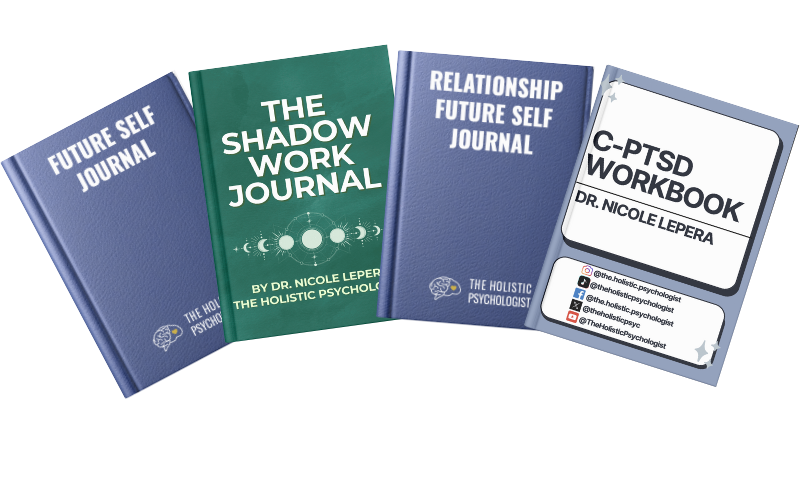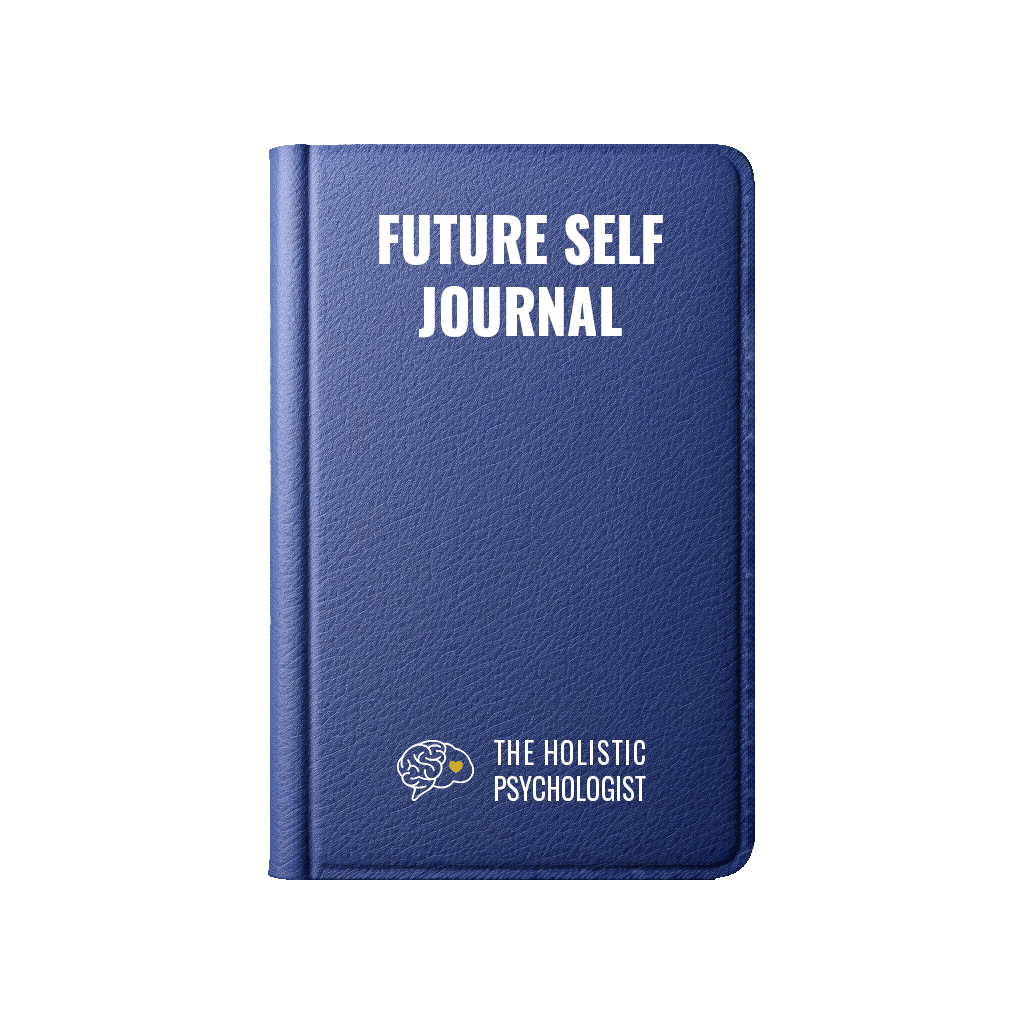Fasting has become a buzz word recently, for good reason. There’s a lot of science behind the benefits of fasting. Most people are talking about using fasting to lose weight, but fasting is a powerful therapy for the brain.
Building vs. Cleansing
When we eat, the body is in a building phase. In the building phase, it builds tissues and cells. When we are not eating, the body is in a cleansing stage where it cleans tissues and cells removing toxins. Both are necessary for proper functioning. The problem is with the standard american diet that’s heavy in carbs which triggers constant hunger and snacking. Our bodies don’t get to experience the necessary cleaning phase.
Autophagy is the magical process that happens during this cleaning phase. Also called the “self eating” phase, autophagy discards old, dead cells and encourages the growth of new brain cells. It improves cognitive function and neuroplasticity. Scientists believe autophagy protects against neurodegenerative diseases like Alzheimers and Multiple Sclerosis.
Fasting Reduces Inflammation
Fasting also reduces inflammation, which has a role in every psychiatric disorder. Researchers at Yale School of Medicine were able to find that a compound produced by the body (B-hydroxybutyrate) when fasting inhibits an inflammatory response (NLRP3.). Fasting is a way to protect your brain from neurodegenerative diseases, mood disorders, and brain fog.
Find a way to fast that works for you.
Fasting can be done many different ways. Fasting “windows” are periods where a person doesn’t eat for an extended period of time. Intermittent fasting is most popular, where long term use of short term fasts are done daily. For example, you may have heard of the 16/8 fast which means fasting (usually overnight) for 16 hours and eating during an 8-hour “window” during the day. Everyone’s body reacts differently to fasting so it takes time to not only get used to fasting but to understand how it’s affecting your body.
I recommend being patient and letting the body slowly adjust rather than pushing it into a specific window of fasting. Eating almost constantly has become the norm for many people, so there will be an adjustment period both physically and psychologically.
Here are some tips to get started:
Eat a high fat, low carb diet. Anyone who’s eaten a diet full of carbohydrates knows you’re triggered to eat nearly every 2 hours. Switching to a diet higher in fat will keep you satiated longer. It will also stabilize you blood sugar and give your brain a steady clean energy to avoid crashes
Ease into it. Take a look at your current eating window. If you’re eating for 12 hours, shorten the window by 2 hours. Be strict but stay at the window for a week or so as your body adjusts. Then continue to shorten the window. You’ll know what works right for you if you are feeling well physically and your brain is sharp and able to focus for extended periods of time.
Prepare for the adjustment period. When you begin fasting you may feel tired, irritable, or “out of it.” This is part of the adaptation phase and will pass once your body is adjusted
Don’t be too rigid. Ultimately, fasting will just become part of your life. I fast daily, and no longer have to think about it. Over the first few months, don’t become too rigid. Listen to your body. It may want you to eat more earlier and less later or vice versa. Fasting has huge benefits, but you don’t need to follow a trend or any certain study. Let your body guide you.
Be present to the emotions fasting brings up. Eating and the urge to eat is often tied to emotions and that pattern usually hasn’t been broken since childhood. When actively not eating you will feel a lot of emotions that you’ve been distracted from or avoiding. Be present and feel the emotions. Notice them and let them pass.








